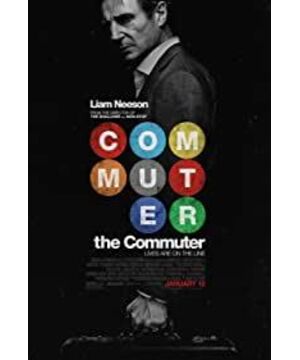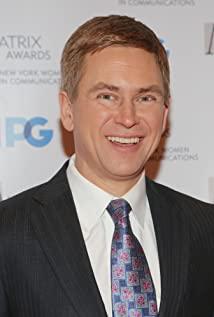I have to say that the overall style of this film feels very similar to the source code. From the perspective of the train alone, in a relatively narrow space such as the carriage, how can the camera not be crowded? This is a technical job. For example, when comparing the old version and the new version of Dongkuai, the ability to move the mirror is reflected. In the old version, the characters can only be emphasized by the close-up that almost fills the lens, while the new version is smoother. Let's compare the source code and the commuter rescue. The source code is based on classicism, whether it is from editing or moving the lens, but there have also been extreme lenses such as fisheye lenses, but that involves re-building the lens and has nothing to do with the train, so We do not discuss in detail. For commuter rescue, the train footage is similar to the source code because the two are themselves based on the same parameters. It is also worth noting that for a movie of a train or such a continuous moving object, the stability of the lens itself will be affected because it is always in motion, so a full wide-angle lens is needed to make the emotional low tide, but here comes the problem. Among them, the moving element of the train must be mentioned. The wide-angle itself adds the characteristics of environmental movement, and the significance of the wide-angle is greatly reduced, so how to deal with the wide-angle is indeed quite challenging. In the code, the solid motion of the train is changed by switching the scene through large spans, while in the commuting rescue, more use of deep focus is used to deal with it. Generally speaking, the effect is good.
The train shot is a major feature, but the formalism of the film’s lens movement elements has been reflected from the beginning. The parallel editing at the beginning is really thought-provoking. After Liam Neeson was dismissed from the company’s entrance, the elevation angle turned into a super large angle overlooking The scheduling, extremely bold, vividly embodies Liam's helplessness. The narration of the film does not follow the rules, the camera position is chaotic, close-up for a while, and close-up for a while, and the camera switches are fast and slow.
The story of commuting rescue is a typical linear narrative, and it is also a fairly ordinary classical model, but the movement of the camera is different. We can't call it a formalist name just because of the movement of the camera and editing, we can only say that it is bold avant-garde. But it does bring a new visual look to the traditional popcorn film. I can also have more creative fortunes in the form of selling points in popcorn films. After all, it makes commercial films look like Not so commercial movies, is the highest realm of commercial movies.
The above are all personal opinions, if you don't like it, don't spray it, thank you.
View more about The Commuter reviews











